In a significant move that is set to affect many potential travelers, the United States is preparing to ban Nigerians from traveling for birth tourism, a practice where foreign nationals travel to the US to give birth, with the intention of granting their child US citizenship. This controversial policy shift is expected to be a game-changer for Nigerians and others considering birth tourism as a pathway to securing US citizenship for their children.
But what exactly does this ban mean for Nigerians? How will it impact future travelers? And what other options are there for Nigerian nationals who want to pursue a life in the United States? Let’s break down all the important details.
What is Birth Tourism?
Before diving into the details of the ban, it’s crucial to understand birth tourism and why it has become a popular option for many families, especially from countries like Nigeria. Birth tourism refers to the practice of traveling to another country to give birth, primarily to secure citizenship for the child in that country.
In the case of the United States, the 14th Amendment grants automatic citizenship to anyone born on US soil, regardless of the nationality of the parents. This has made the US an attractive destination for birth tourism, with many foreign nationals, including Nigerians, flying to the US for the sole purpose of having their children born there.
📌 Read More
Why the US is Targeting Birth Tourism
The Trump administration’s stance against birthright citizenship became more pronounced during its tenure, with various policy measures aimed at curbing the practice. However, the recent decision by the Biden administration to impose a ban on birth tourism specifically targeting Nigerians is being framed as part of broader efforts to tighten immigration policies.
Here are some of the reasons behind the ban:
1. Preventing Abuse of the US Immigration System: Birth tourism has been criticized as a means to bypass immigration laws. Critics argue that some individuals are using the US as a “backdoor” for permanent residency or immigration benefits for themselves or other family members.
2. Security Concerns: There is a concern that some individuals may be using birth tourism as a means to establish a foothold in the US, which could pose security risks or strain public resources.
3. Financial Drain on Healthcare: Birth tourism can lead to a financial strain on the US healthcare system, as pregnant foreign nationals often receive prenatal care and give birth in US hospitals, some of which may not be able to recover the full costs of these services from foreign nationals.
4. Focusing on Legal Immigration: The US government has also been emphasizing the need to prioritize legal immigration and discourage any practices that could be seen as circumventing established immigration pathways.
📰 Similar Posts
What Does This Ban Mean for Nigerians?
This move comes as part of the US’s efforts to curb immigration abuses and strengthen the integrity of the immigration process. But how exactly will the ban affect Nigerians looking to travel to the US?
1. Stricter Visa Requirements
The US is likely to impose stricter visa requirements for Nigerians seeking to enter the country for childbirth. Expect longer processing times and more scrutiny during the visa application process. The government may also ask for more detailed evidence of the purpose of travel to prevent those seeking birth tourism from entering the US on tourist visas.
2. Changes to the US Visa Process
Nigerian nationals planning to travel to the US may face challenges in obtaining tourist visas (B1/B2). The US may require applicants to provide more detailed documents, including financial evidence and reasons for travel. Any suspicious applications will likely be rejected to prevent individuals from entering the country under false pretenses.
3. Impact on Birthright Citizenship
While this ban will make it more difficult to travel for birth tourism, it does not automatically negate the 14th Amendment, which guarantees US citizenship to children born in the US. However, it will become much harder for individuals to enter the country to exploit this loophole.
4. Stronger Enforcement and Penalties
The US government is likely to ramp up enforcement by investigating and cracking down on agencies or individuals who promote or assist with birth tourism. Penalties for those found violating immigration laws may include denial of entry, deportation, or even criminal charges.
5. Financial Implications for Birth Tourism Agencies
Many birth tourism agencies in Nigeria and other countries may face significant disruption to their operations. With the US tightening its visa process, these agencies may be forced to pivot their business models or close entirely, leading to job losses in this niche market.
What Are the Alternatives to Birth Tourism for Nigerians?
While the new ban may deter some from using birth tourism to secure US citizenship for their children, there are still legal ways for Nigerians to pursue immigration to the US, whether for work, study, or long-term residency.
Here are some alternatives that Nigerians can explore:
1. Studying in the US
One of the most common ways for Nigerians to immigrate to the US is through student visas (F-1). If you’re looking to further your education in the United States, applying for a student visa is a viable path. After completing your studies, you could potentially transition to a work visa or even permanent residency.
2. Employment-Based Visas
If you have specific skills or qualifications, you can apply for an H-1B visa, which allows highly skilled workers to live and work in the US. Once employed, you may be able to transition to permanent residency through employment-based green card programs.
3. Family Sponsorship
If you have a close family member who is a US citizen, they can sponsor you for a family-based immigrant visa. This is a slower process, but it remains one of the most common and reliable ways to immigrate to the US.
4. Investor Visas (EB-5)
For those with significant financial resources, the EB-5 investor visa offers a pathway to permanent residency in exchange for making a substantial investment in a US-based business. This can be a costly but effective way to secure a future in the United States.
5. Diversity Visa Lottery (Green Card Lottery)
The US government runs an annual Diversity Visa Lottery program that allows individuals from countries with low rates of immigration to the US to apply for a green card. This lottery is open to individuals from countries such as Nigeria, and it’s a random selection process.
How to Prepare for the Change?
If you’re a Nigerian planning to travel to the US, here’s how to prepare for the changes:
- Stay Informed: Keep up with official announcements from the US Embassy in Nigeria or the US Department of State. This will ensure you know about any policy changes that may affect your travel plans.
- Consult with Experts: If you’re uncertain about your eligibility for a US visa or how the ban may impact you, consider consulting with an immigration lawyer who can guide you through the process.
- Consider Alternative Immigration Pathways: Explore other legitimate pathways to immigrate to the US, such as student visas, family-based sponsorship, or employment opportunities.
Act Fast and Stay Informed
The US’s decision to ban Nigerians from traveling for birth tourism marks a significant shift in its immigration policy, and the window for exploiting this loophole is closing fast. For those hoping to secure US citizenship for their children, now is the time to act and explore alternative immigration options.
Whether you are considering study opportunities, employment pathways, or family sponsorship, it’s important to start the process early and stay informed about changes in immigration policy.
Hurry, as the policy change is imminent, and prepare yourself for the next steps. You may still have opportunities to study, work, or live in the US, but it’s crucial to plan ahead and explore legitimate avenues for immigration.

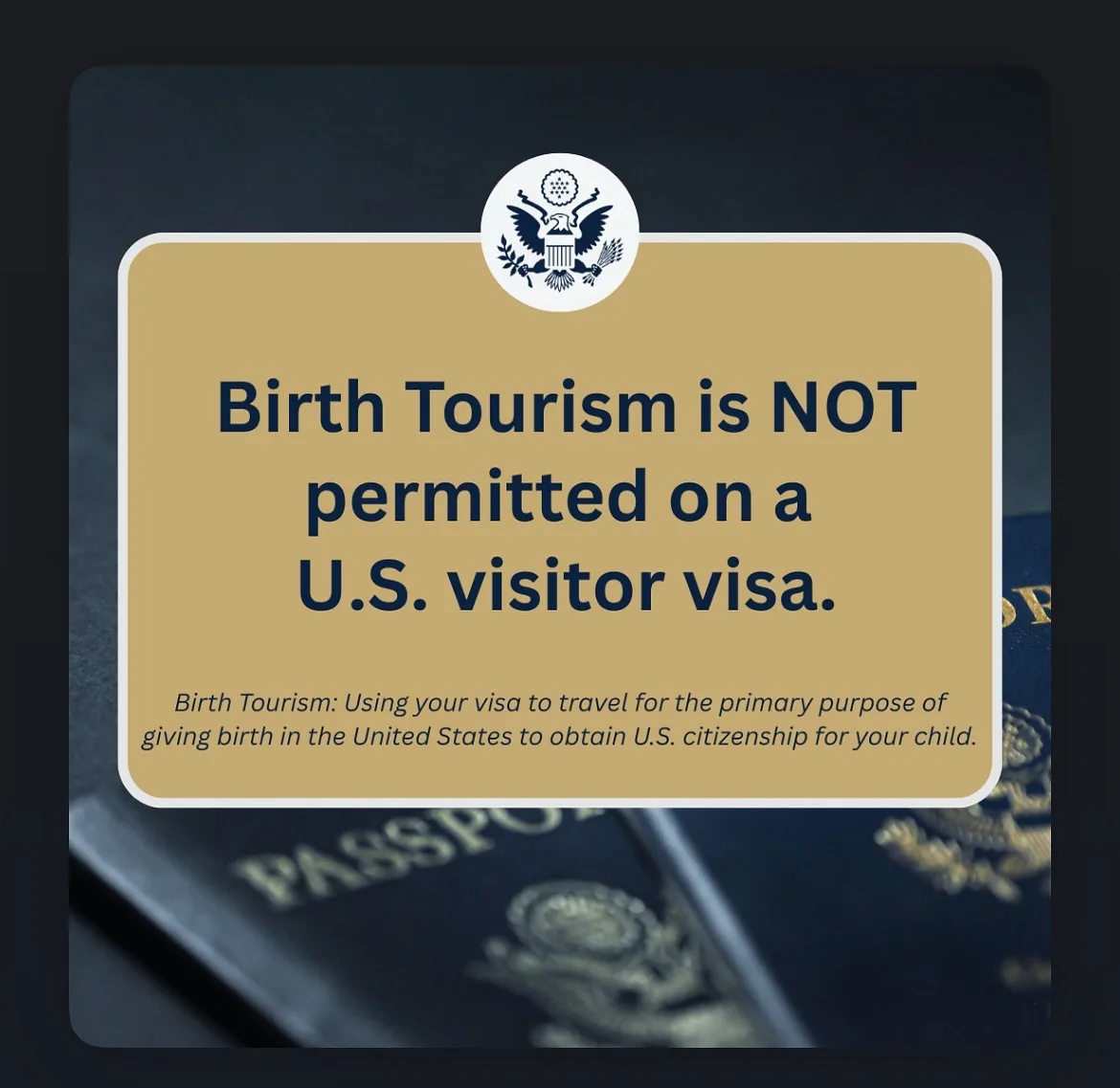

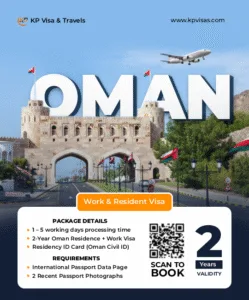
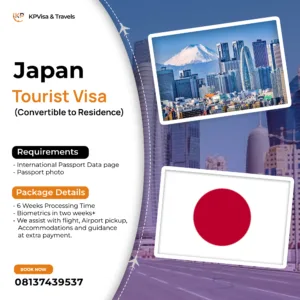



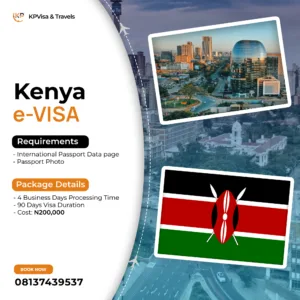
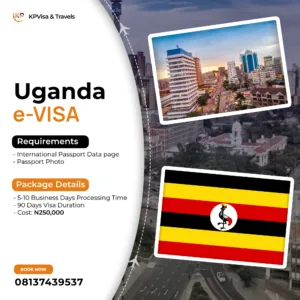
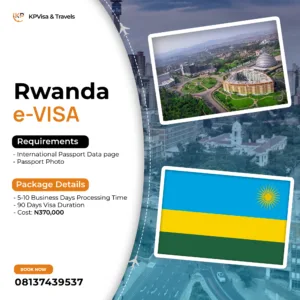

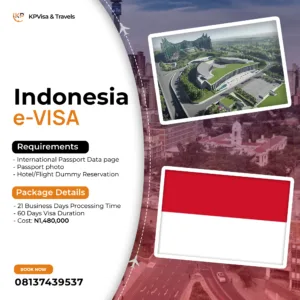
























No responses yet